Lamin Fofana and Sandra Mujinga are among the nominees for the 2021 Preis der Nationalgalerie.
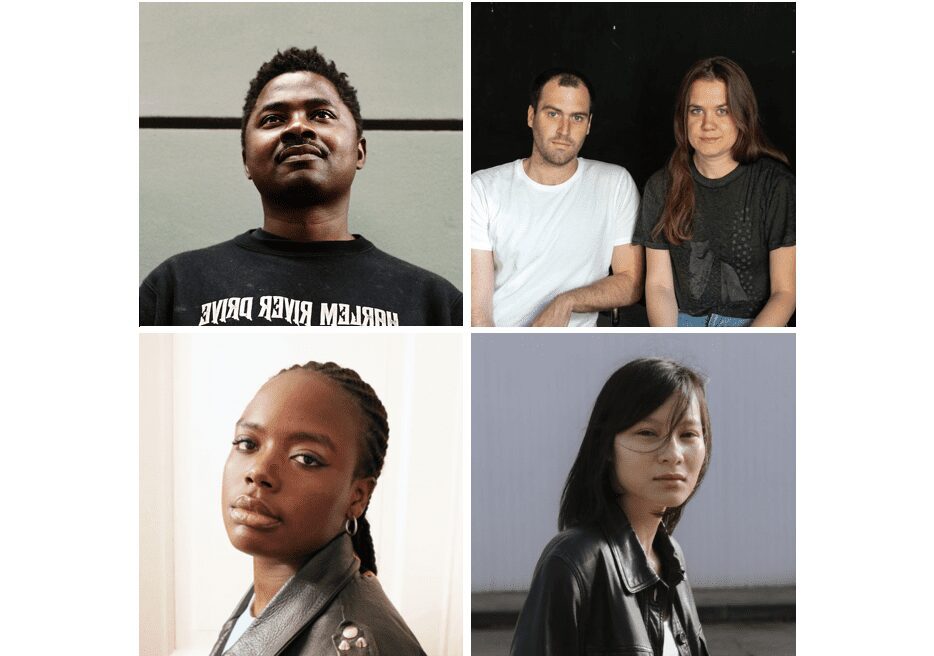
The Nominees for 2021 (clockwise from left top) Lamin Fofana © Isabel O’Toole; Calla Henkel und Max Pitegoff © Calla Henkel & Max Pitegoff; Sandra Mujinga © Sjur Einen Sævik; Sung Tieu © Diana Phammatter
Since 2000, the Preis der Nationalgalerie honours important young positions in international art and will be awarded for the eleventh time in 2021. The award winners and nominees have since been among the defining protagonists of contemporary art. The shortlist for the award ceremony in October has now been set and includes:
Lamin Fofana
(lives in Berlin)
Lamin Fofana’s experience of moving between Africa, North America, and Europe is palpable in his experimental approach to creating sonic environments. Crucial in the context of this production is an engagement with historical forms of Black activism and critical thought, including the writing of Amiri Baraka, W. E. B. Du Bois, and Sylvia Wynter. Yet his work expands beyond the act of translation to create a space for shared experience and heightened awareness. In doing so, he proposes an active and open practice of listening, a skill which represents an essential precondition for coexistence.
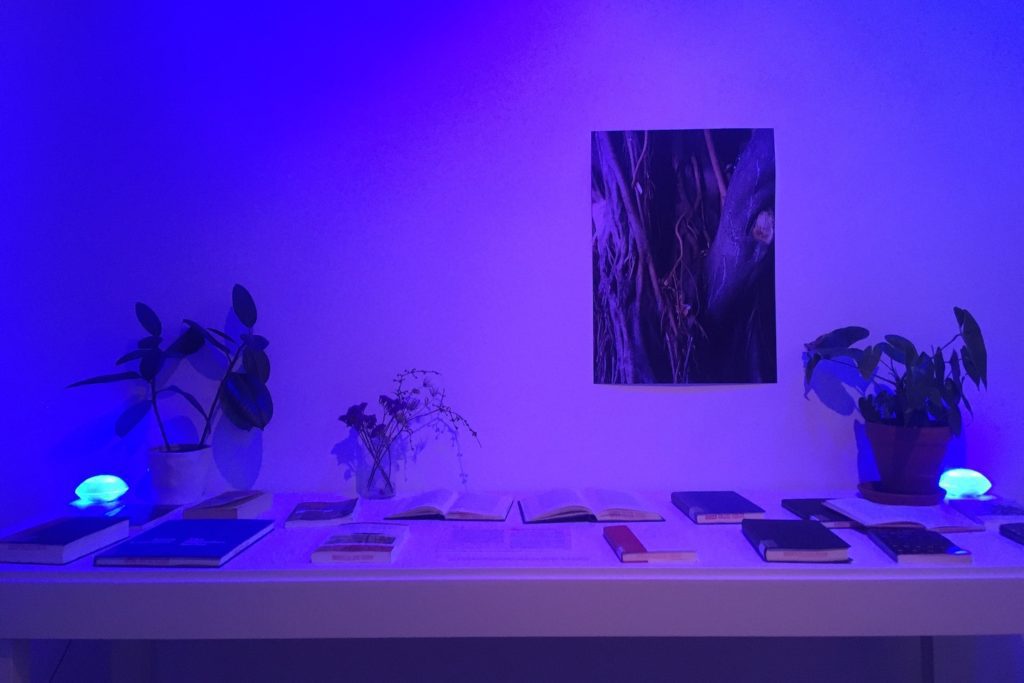
Lamin Fofana, BLUES, Ausstellungsansicht Mishkin Gallery, Baruch College, New York, 2019 © Lamin Fofana
Calla Henkel und Max Pitegoff
(born 1988 in Minneapolis, USA/born 1987 in Buffalo, USA; both live in Berlin)
Over the course of the past ten years, the work of Calla Henkel and Max Pitegoff has been both a documentation of and a catalyst for socio-urban changes within the context of Berlin and beyond. Against this backdrop, their practice, which has developed out of the tradition of documentary photography to encompass the nurturing of their own creative community, feels timely. Emerging from lived experience, their works pose crucial questions about what is to be shown and what is to be safeguarded, allowing a multitude of narratives to unfold around a shared setting.
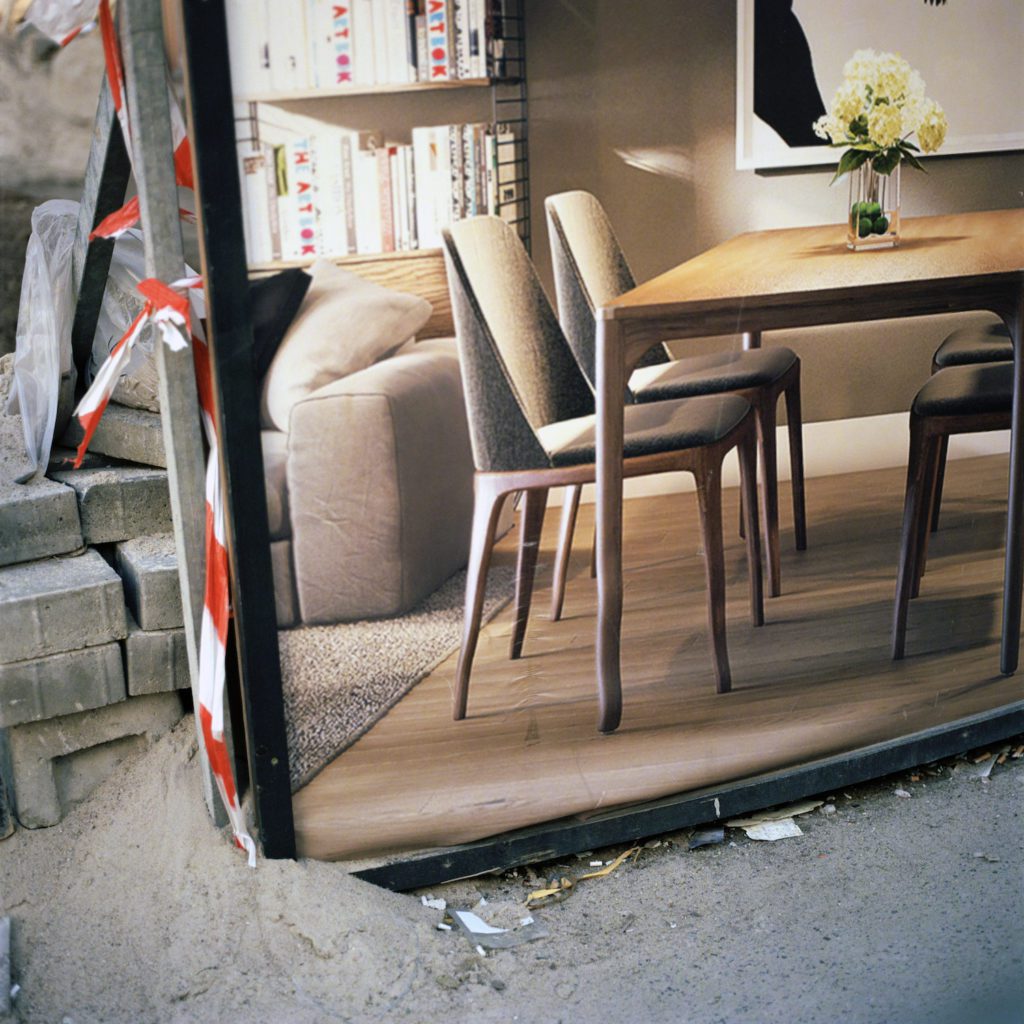
Calla Henkel & Max Pitegoff, Exterior Genthiner 40, 2020 © Calla Henkel & Max Pitegoff / Galerie Isabella Bortolozzi
Sandra Mujinga
(born 1989 in Goma, DR Congo, lives in Berlin and Oslo, Norway)
Operating with a freshness and energy, Sandra Mujinga finds images and spatial arrangements for transient worlds, which extend beyond an anthropocentric paradigm. Her engagement with a notion of place, both as exhibition space and as a wider social category, offers a commentary on settings and locations, particularly those that consider themselves liberal. By not only navigating a condition of inbetweenness, but also by reconfiguring it and sharing it with others in a variety of media, she questions established principles of presence and sculpture.
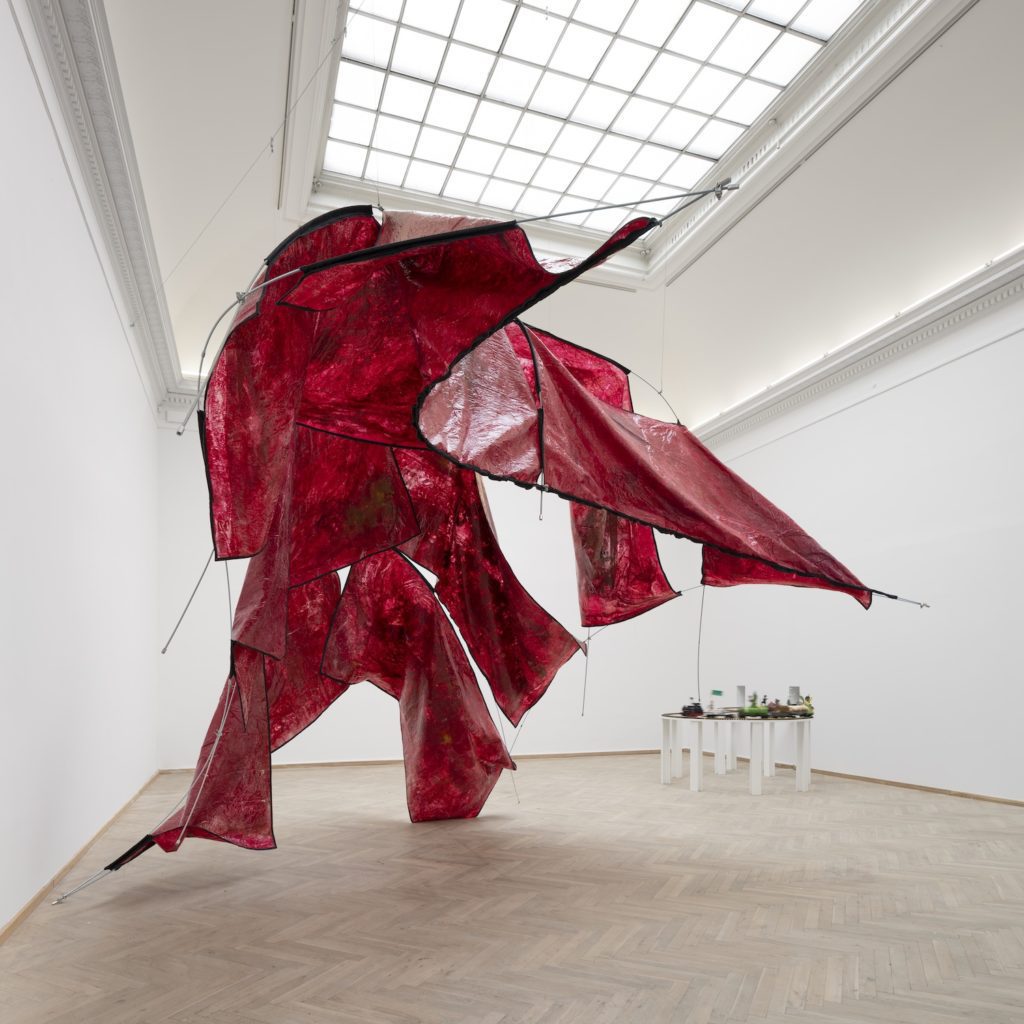
Sandra Mujinga, Ghosting, 2019, Installationsansicht Kunsthal Charlottenborg, Copenhagen © Sandra Mujinga / Croy Nielsen, Vienna, The Approach, London / David Stjernholm
Sung Tieu
(born 1987 in Hai Duong, Vietnam, lives in Berlin)
By using a variety of artistic media including installation, sound, text, video and public interventions, Sung Tieu creates formally minimalistic and impressive environments that trigger immediate sensual and somatic experience. Starting out from an interest in psychoacoustics, her works depict how sound can be used as an invasive tool in order to manipulate individual and collective behaviour, beliefs, and desires. Informed by the conflicting mechanisms of care and control, and the unstable spatial and social relations that impact on life in diaspora, she investigates the diffusion of information and the movement of people, goods and commodities in a compelling manner.
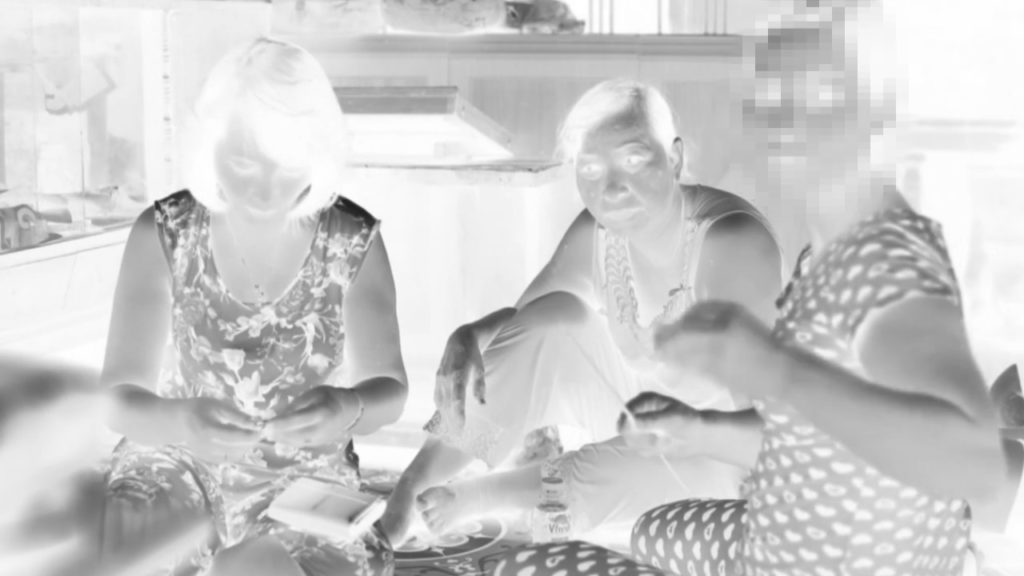
Sung Tieu, No Gods, No Masters, 2017, HD-Video und 4-Kanal-Ton, Dauer: 00:19:13 min, Filmstill © Sung Tieu / Emalin, London and Sfeir-Semler, Hamburg & Beirut
More Editorial